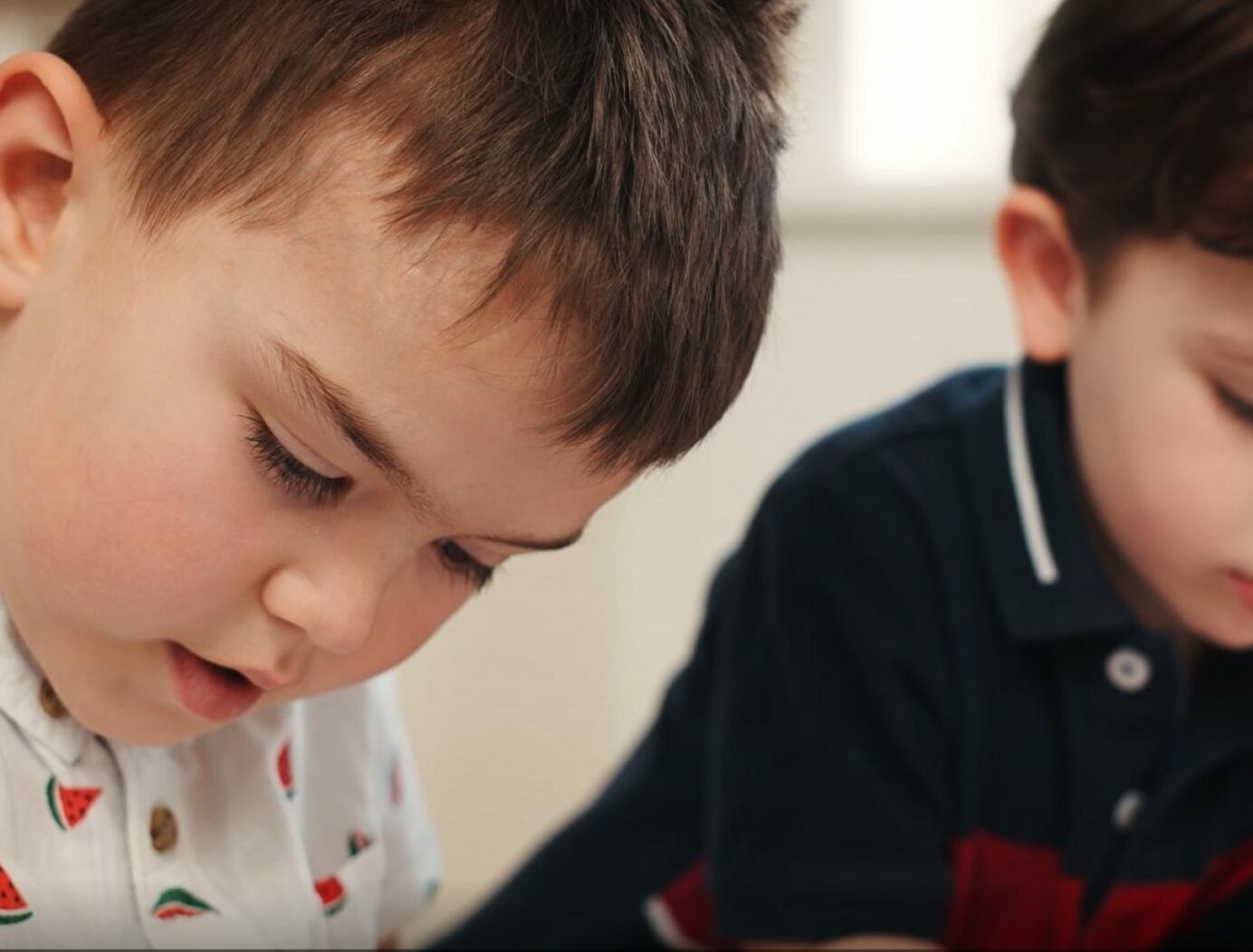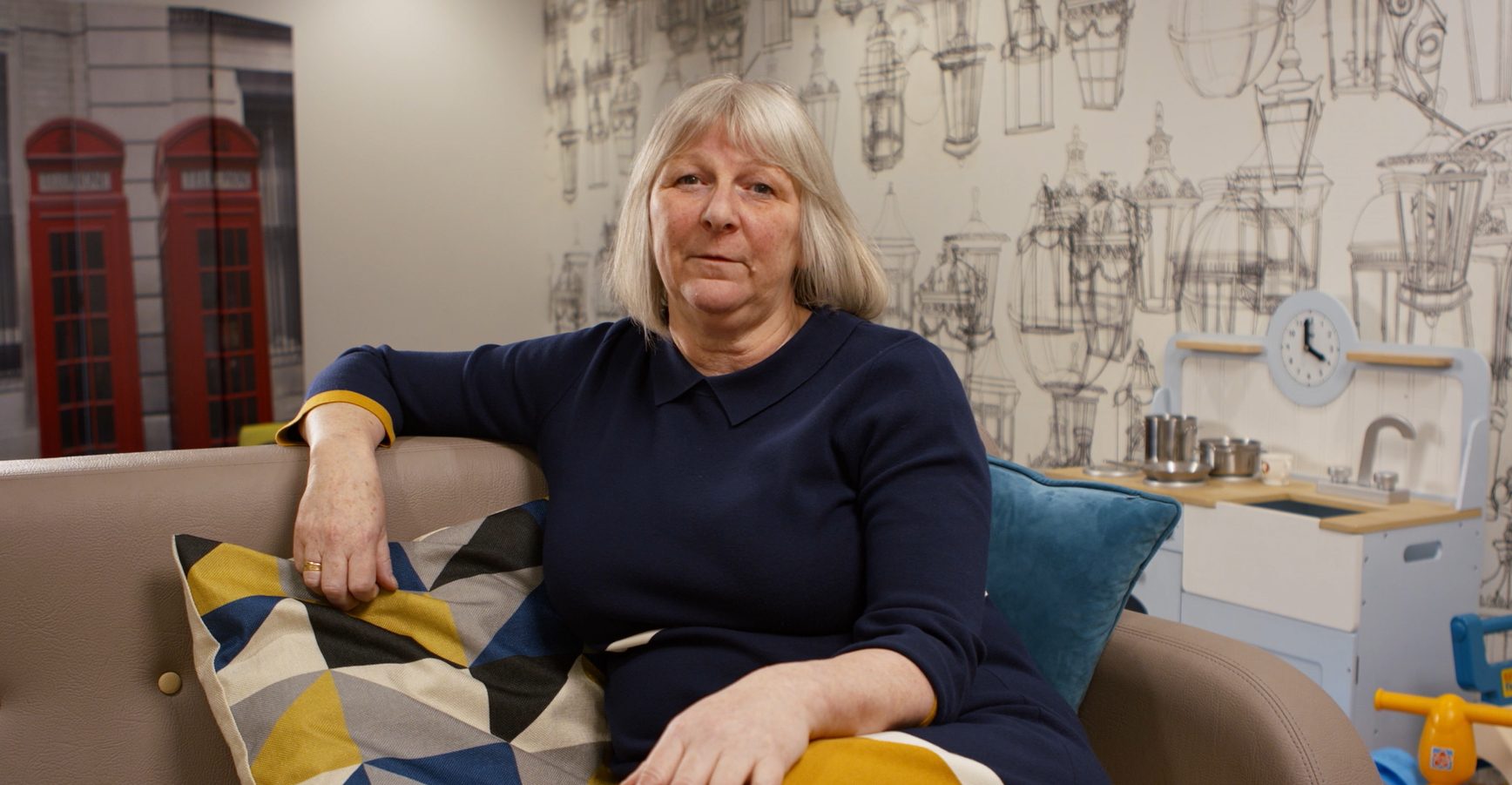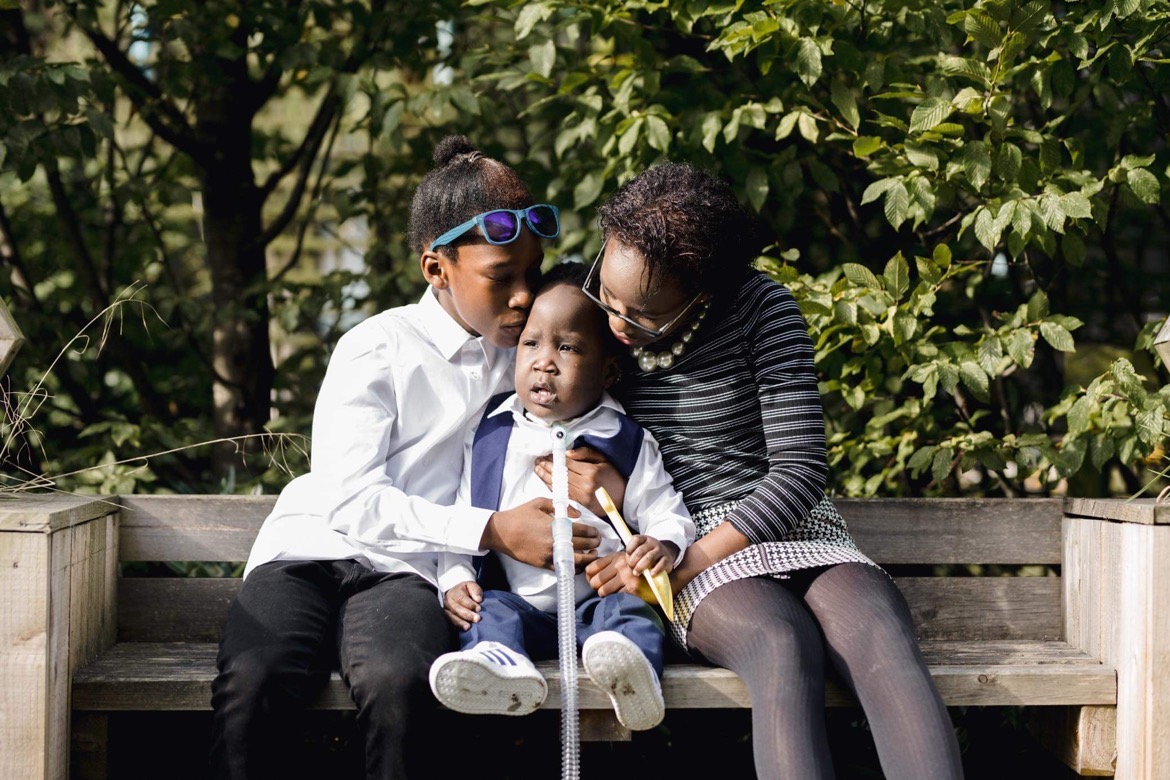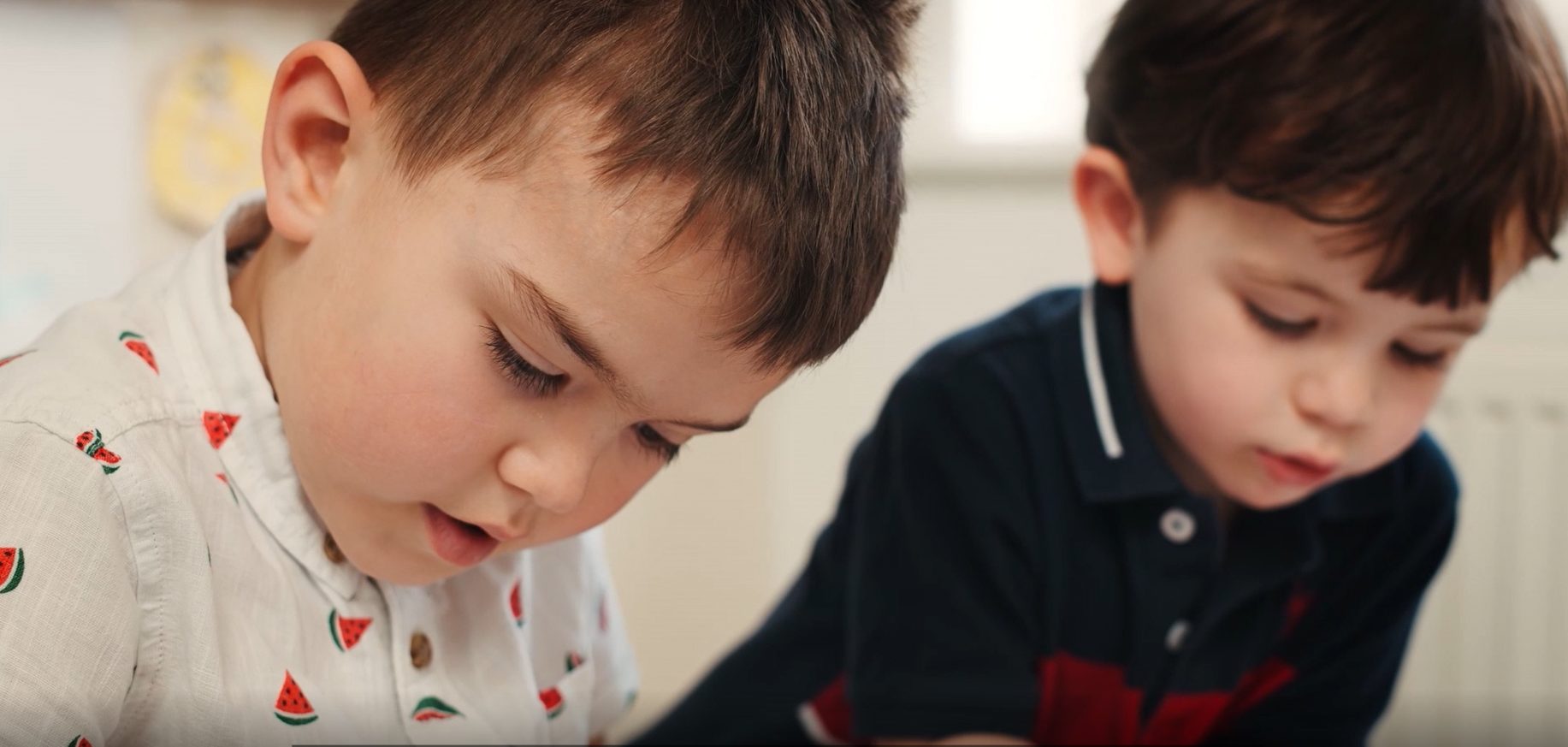
Children's Mental Health Week: An interview with a child psychologist
February 10, 2022
Children’s Mental Health Week:
7 February – 13 February 2022.
Many of our families staying with us will be juggling between having an unwell child in hospital and a sibling staying with them or at home. For Children’s Mental Health Week, we spoke to a family and child psychologist to highlight that the situation our families find themselves in effect everyone.
Dr Karen Steinhardt has been working with children and families for over 30 years.

Currently, Dr Steinhardt is a clinical psychologist at Oxford University Hospitals NHS Foundation Trust where we offer accommodation at the Ronald McDonald House Oxford.
We spoke to her about the impact having an unwell child can have on other children in the family.
“Having a sibling who is unwell can impact children in a lot of different ways. They may feel anxious and worried about their sibling’s health, and their parents.
“And at times, children can feel envy towards their sibling. They can feel jealous over the amount of time their parents are spending with their brother or sister, or about all the ‘get well soon’ gifts and attention they’re getting. Of course, this can leave kids feeling really guilty about having those thoughts and feelings. It’s an emotional time for a sibling which can be impacted by what age they are.”
Twins Elienai and Eliedad have been staying in the Ronald McDonald House Manchester since their baby brother Nathan was born over two years ago.
“It’s not very normal to have a brother in the hospital, but we still love him very much and know that he’s going to come home someday.”
“It’s been hard for our parents because it’s not easy for them to divide their time. If they have something else they need to do, they have to divide it into what they need to do, what they need to do for us, and what needs to be done for Nathan.
“But we’ve been coping because every day Nathan comes over and we see that nice, warm smile on his face.”

“In smaller children, when they’re stressed, you might expect to see regression in behaviour. For example, they might become clingier, or more demanding. For children who are recently toilet trained, they may start wetting the bed again.
“And as a child gets older, it may present itself in behavioural concerns. Your child might start becoming disobedient, behaving in uncharacteristic ways at home or in school by answering back or getting angrier.
“Or if you have a teenager, you might see more withdrawal from the family due to the stress of the situation, opting to spend more time in their peer group. Or perhaps they start to become quieter because their anxious about rocking the boat, aware their parents are stressed and not wanting to add to that stress.
“As a parent, you will be understandably worried about the long-term effect it might have on the siblings of your unwell child. But in fact, we know from research that there are potential benefits for children and young people spending time in hospital speaking to adults. They have opportunities to ask questions about their brother or sister’s condition, helping them to understand it and the situation they’ve found themselves in.
“So as that child gets older, we see that they tend to have a greater level of maturity. They tend to be better at communicating, especially with adults. They have greater empathy than children in their own age group. Therefore, it’s clear that spending time with a sibling going through this experience does have positive benefits for a child’s long-term wellbeing.
“But not only for the sibling, also for your hospitalised child. For children who are sick, having their sibling around can be a real benefit. Relationships with siblings are likely to be the most enduring relationship in their life. Having time with their sibling when they’re unwell is important. It carries a degree of normalcy. They will likely talk about the kind of things they would at home, and they can have fun together in the way that they would outside of the hospital. For adolescents, it’s about having the opportunity to have those conversations that they wouldn’t want to have with their parents. All these things can help to impact the recovery of that child.
“There are lots of things you can do as a parent to support the siblings of your unwell child. For me, communication is key. Being able to talk about what’s happening, about their experiences, explaining what’s happening to their sibling is important because children need to know what’s going on so they can understand it. And it’s important that they can trust that their parents will give them that information. It also gives you the opportunity to spend quality time with them, which can be difficult in this type of situation.

“When mummy was at the Ronald McDonald House, she used to FaceTime me at night so I could read her stories. I had all my books on my bookshelf so I would just pick one randomly and we would read it together.”
Lewis, Jack’s brother.
“Often, it’s instinct to spend as much time as possible with your unwell child but putting aside some time for siblings can be really important – even if it’s doing normal day-to-day stuff or sending little text messages at the end of the day that say, “I’m thinking about you”, “I love you”. But try to have some space together where you can laugh, play, eat or even just cuddle up and watch a TV programme. It’s essential to keeping family life as normal as possible.
“Lastly, it’s important to let them know that it’s okay to feel the way they are feeling, because it’s inevitable that they will go through a lot of emotions during this time and some of them will be uncomfortable, but they are our feelings, and we need to own them. Parents need to talk to their children about those feelings and help them think about them, and there is lots of support to help families with that. But the key is for a parent to be able to let them express how they feel.”
“What the Ronald McDonald Houses offer is a space for families to be together. Have a place where you can eat and laugh, play games together. Those things are really key to making family life continue.”
Help us provide free home away from home accommodation to support families with children in hospital with a donation.
